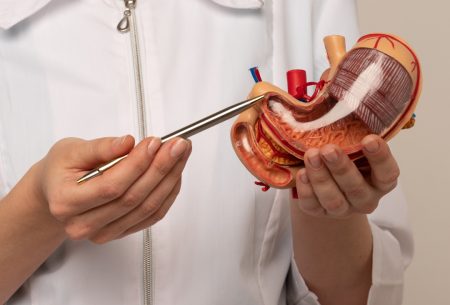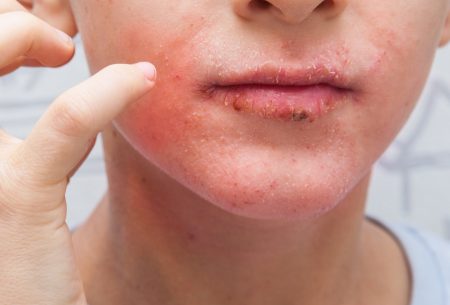We talk a lot about our microbes – but we’re not just talking about our gut microbiota (GM, the trillions of microbes living in our gut).
Our body is in fact like a mini-ecosystem of different microbial communities. Billions of microbes not only live in us – in our lungs, our nose and more – but they also live on us, like a second skin. We each emit our own distinct cloud of microbes wherever we go, and this is unique, like a fingerprint.
Say hello to your skin microbiota!
The skin is our largest organ and one of its most important roles is to protect us. Our microbes do so much for us, including helping with skin healing and communicating with our skin’s immune cells. Perhaps not surprisingly, our skin microbiota also plays a role in common skin conditions, like acne, eczema and certain skin cancers.
And just like our gut, when our skin has a more diverse collection of microbes, it’s considered healthier. On the flip side, in skin conditions such as a flare-up of eczema, this diversity seems to decline.
It’s still early stages in the research and how we can improve our skin microbiota, but I’ve been diving into the latest studies on skin science with Sanex UK and so far, the science suggests a number of factors can affect our skin microbiota…
What can impact our skin microbiota?
Our genetics, our lifestyle, skin products, our diet, where we live, our pets and even the weather can all shape our skin microbiota. One study found that our skin microbiota could predict our age!
Do you suffer from bad BO or are you always the one to get bitten by mosquitoes?
Your skin microbes play a role in both! The microbes on our skin (and even in our sweat glands and hair follicles) are responsible for turning odour-less compounds from our sweat glands into a range of odour-forming compounds, including some that attract mosquitos.
In fact, without bacteria, sweat simply doesn’t smell. How strong your sweat smells and how attractive you are to mosquitoes depends on the microbes living on your skin.
BUT before you consider bathing in antimicrobial soaps, keep in mind that your microbiota plays a vital role in protecting your skin from the environment, as well as regulating immune cells within the skin.
Just like taking unnecessary antibiotics isn’t great for your gut health, it’s probably not a good idea to wipe out all your skin microbes either.
There’s still so much we don’t know, but more studies are underway and researchers are currently investigating more targeted solutions – watch this space! (and when it comes to personalised skin advice, please only ever follow that from a dermatologist)
Full disclosure: this post is part of a sponsored collaboration with Sanex to share the latest skin science – all words are my own.

Grice and Segre, 2011.

Coates et al, 2019.













